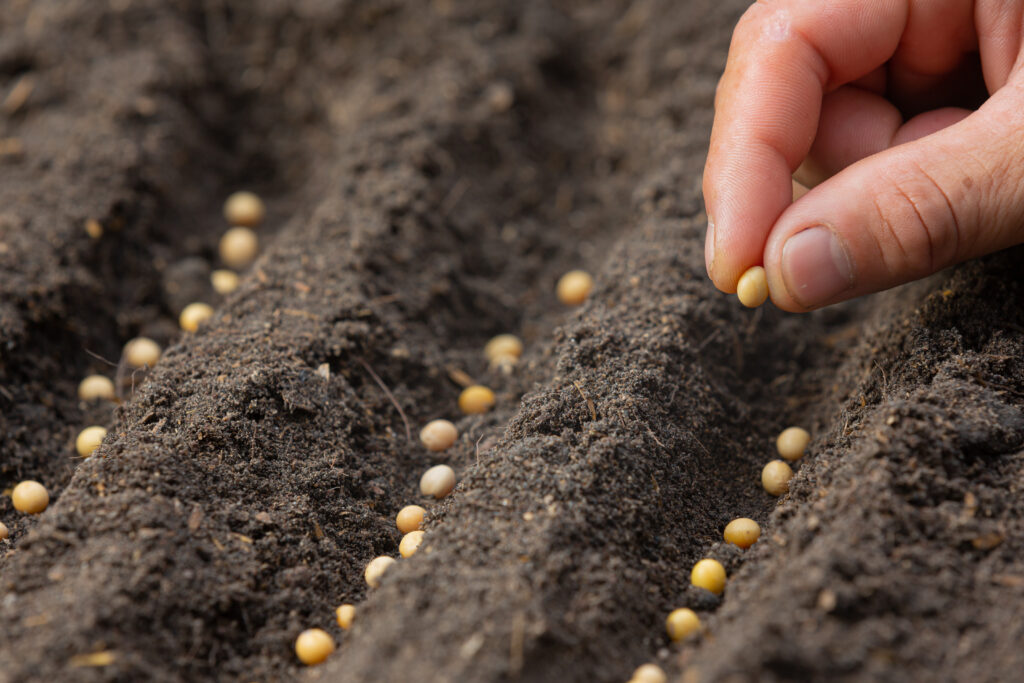“Do not be deceived: God cannot be mocked. A man reaps what he sows.” Galations 6:7-9 (NIV)
I am proud to say that I am a country girl. I grew up surrounded by neatly plowed rows of tobacco, soybeans, and corn. As a child, I was filled with wide-eyed curiosity as farmers passed by my house in massive John Deere tractors and other large equipment, sowing seeds in the spring and harvesting in the fall. In the spring, the seeds were carefully planted into freshly tilled soil. At first, there was no sign of tobacco, soybeans, or corn; however, after months of sunshine and irrigation, the seedlings began to emerge. Before long, the once-barren fields were filled with plants towering above me. Just as a farmer plant seeds with faith of a future return, we must invest time, energy, and care into our goals, relationships, and values. This powerful metaphor reminds us of the timeless truth: you reap what you sow.
Sowing seeds represents intentional action—choosing what to plant and where to plant it. In life, this can be seen in the choices we make such as learning a new skill, beginning a new relationship, starting a business, practicing daily habits or how we choose to treat one another. Each of these actions is a “seed” we put into the world, often with little immediate return. The quality of the seed (our values, intentions, and effort) determines the potential of what might eventually grow.
Just as plants do not sprout overnight nor does meaningful progress in life. During these times, patience is vital. Many abandon their efforts prematurely because their impatience causes them to forget that growth is happening silently and invisibly beneath the surface. You must know that trusting in the process is just as important as the initial planting.
So, what kind of seeds are you sowing? Are they negative seeds rooted in harmful thoughts, toxic emotions, or unkind behaviors that damage yourself or others? Or are they good seeds of kindness, generosity, encouragement, and love? How are you impacting the lives of those around you? Are you an encourager or a critic? Do you extend a helping hand, or do you live by the “I got mine; they’ll have to get theirs” mentality?
This comparison of sowing seeds teaches us about faith, patience, effort, and the importance of nurturing what we started. It reminds us that meaningful change is often invisible at first but becomes evident in time. Whether applied to education, relationships, career, or personal growth, this metaphor encourages a mindset of long-term thinking and intentional action. When we sow good seeds of kindness, diligence, and purpose, we shape a better future, one small act at a time.


Love this post! Thank you for always sowing your seeds of kindness and love to me and those around you!!
Good read, a big part of my seeds that I sow is to be helpful in others growth
Love the post! Thanks for sharing Ms. Savage.